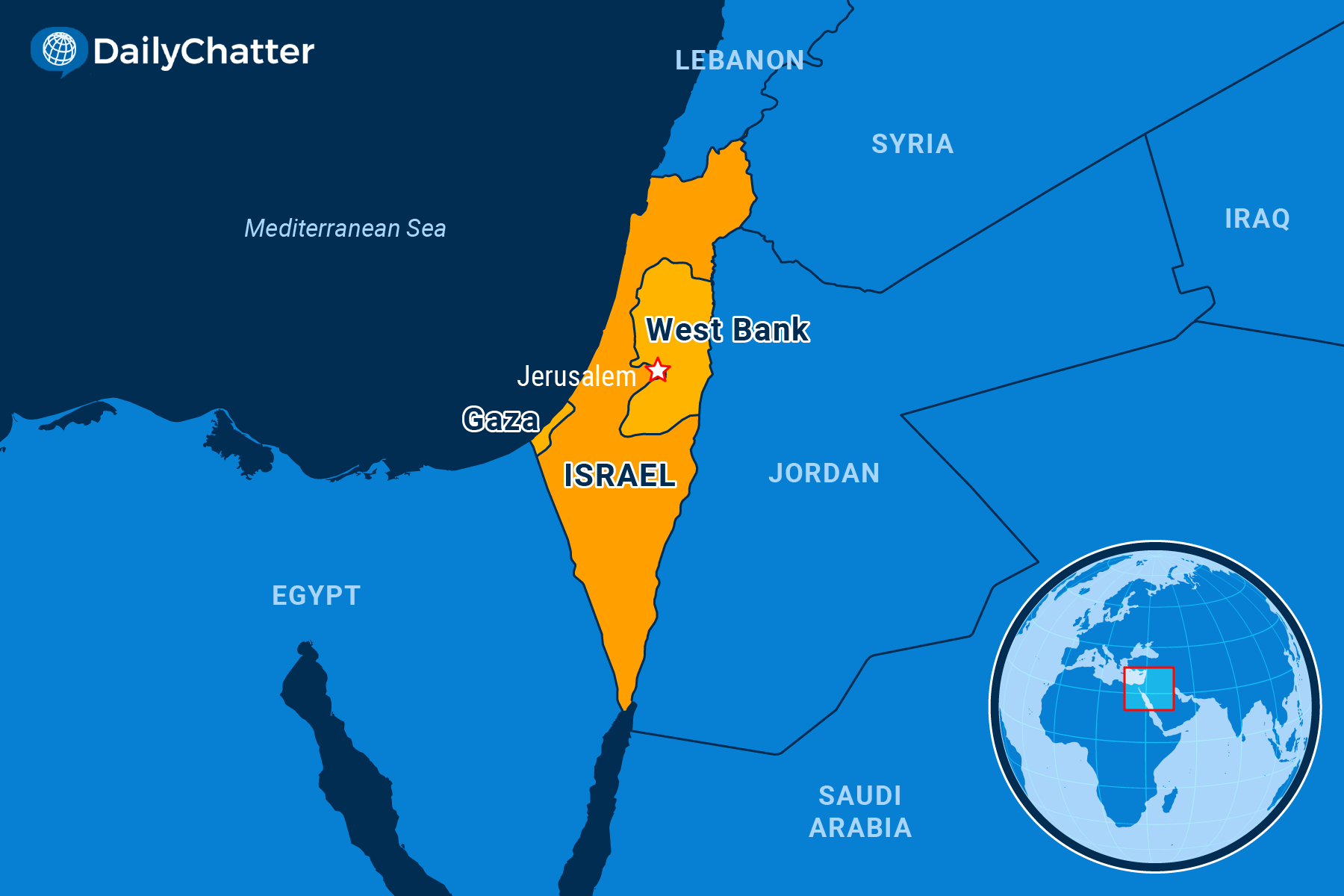Word Play

In a Jan. 26 interim ruling on whether Israel was perpetrating acts of genocide in the Gaza Strip, justices on the International Court of Justice in the Hague, Netherlands said they were “deeply concerned” about the ongoing bloodshed.
And so it went, a preliminary decision, say legal analysts, so hedging that every side could claim a partial win.
In the decision, the justices rejected Israel’s petition to throw out the case and ordered the country to prevent genocidal actions in Gaza, wrote Reuters. The justice refused to demand a ceasefire, however, as South Africa requested – a decision that gave some Israelis hope that the court might eventually find their military actions justified after the attack on their country by Hamas on Oct. 7, CNN added.
Now the court could take years to render a final judgment on South Africa’s contention that Israel is committing genocide in the conflict that has resulted in more than 27,000 Palestinian deaths and displaced 90 percent of Gaza’s 2.3 million people, explained the Associated Press. And although the ICJ’s rulings are legally binding, they require UN Security Council resolutions for enforcement, not likely since the US is a staunch ally of Israel.
Still, Israel takes the case seriously. And in the country, the reaction to the case has been fierce. While pointing out that the court did not label its actions during the war as genocide, Israeli officials called the court proceedings “a mark of shame.” “We are fighting terrorists, and we are fighting lies,” said Prime Minister Benjamin Netanyahu. “Today, again, we saw an upside-down world in which the State of Israel is accused of genocide at a time when it is fighting genocide.”
He vowed to press on with the war.
However, the South African officials who brought the case against Israel to the court claimed that the interim ruling shows that “Israel’s actions in Gaza are plausibly genocidal,” and that the court is implicitly ordering a ceasefire by ordering Israel to allow for aid to flow into Gaza.
“Today marks a decisive victory for the international rule of law and a significant milestone in the search for justice for the Palestinian people,” the government said.
Palestinian leaders celebrated the court case, saying they felt “seen.” “The ICJ judges saw through Israel’s politicization, deflection, and outright lies,” they told Al Jazeera.
In the meantime, the case has illustrated a stark divide in the world over the two sides, the Washington Post reported. The US government, which gives Israel $3.8 billion in economic and military aid annually, far more than any other country, firmly supports Israel, along with much of Europe, Australia and other Western allies, noted the Wall Street Journal.
Leaders in countries in the so-called Global South, however – from Brazil to Bangladesh to Turkey – have lined up behind the Palestinians. To them, Israel is a Western-backed oppressor and the Palestinians are the oppressed.
“The significance of the fact that the country bringing the case is South Africa – an icon of the ravages of colonialism, settlement, and apartheid – cannot be lost on anyone,” wrote Guardian columnist Nesrine Malik.
And while Israel’s allies in the West might dismiss the case, they can’t afford to alienate Africa’s industrial and diplomatic heavyweight – South Africa – especially with China wooing the continent with money, railways and tech transfers, noted Reuters.
“If you’re going to start punishing South Africa for going to the International Court of Justice, then you’re going to have to start punishing a lot of other African countries (for supporting the Palestinians),” Steven Friedman, director of South Africa’s Centre for the Study of Democracy, told Reuters. “If you do that, then you might as well send (Chinese President) Xi Jinping a letter saying ‘You’ve won.’”
Meanwhile, the justices have their work cut out for them. As do the legal analysts.
The court, for example, admitted that death and destruction were not enough to prove that genocide was occurring, argued Atlantic Council Fellow Thomas Warrick.
And University of Massachusetts-Amherst political scientist Charli Carpenter, writing in World Politics Review, said that given the scale of death and destruction in Gaza, it would be easier to find Israel guilty of crimes against humanity.
Some, meanwhile, think the case should have never been brought at all. “South Africa’s claim that Israel is committing genocide against the Palestinians … cheapens the term,” wrote the Economist. “It risks weakening the taboo and body of law aimed at preventing it. It obscures the real worry that Israel’s destructive campaign is breaking the laws of war; and the fact that permanent occupation is wrong.”
And even though the final decision could take years, wrote the AP, Israel is due to report to the court what it is doing to minimize casualties and allow for aid to civilians in Gaza, both part of the court’s orders, in the next few weeks. Stay tuned for round two.

Subscribe today and GlobalPost will be in your inbox the next weekday morning
Join us today and pay only $32.95 for an annual subscription, or less than $3 a month for our unique insights into crucial developments on the world stage. It’s by far the best investment you can make to expand your knowledge of the world.
And you get a free two-week trial with no obligation to continue.
